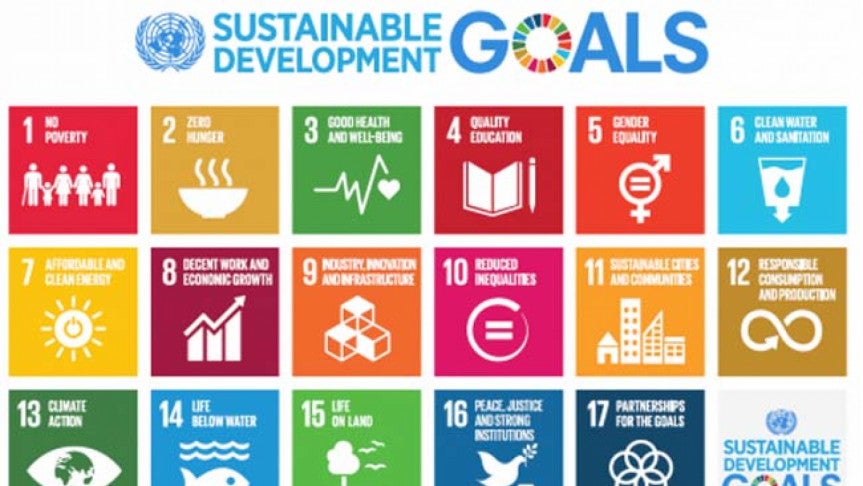Climate change might be major barrier to SDGs attainment

Dhaka: Climate change may emerge as a major threat to attaining Sustainable Development Goals (SDGs) in developing countries like Bangladesh, warns a new UN report.
The report reveals that delivering on the commitments set out in the 2030 Agenda for Sustainable Development will be critical to strengthening resilience to climate change among the most vulnerable countries.
It is widely recognised that Bangladesh is one of the most vulnerable countries to climate change due to its geographical location.
The report tilted ‘The World Economic and Social Survey 2016: Climate Change Resilience - an Opportunity for Reducing Inequalities’ says improving access to stable and adequate sources of finance for adaptation and contributing to the building of the information systems needed to guide policymaking for climate resilience are two concrete undertakings for which greater international cooperation is required.
Senior economic affairs officer of the UN Department of Economic and Social Affairs (DESA) Dr S Nazrul Islam presented the findings of the report at the UN Information Centre (UNIC) in the capital on Thursday while UNIC officer-in-charge M Moniruzzaman moderated the launching ceremony.
The UN report said the issue of inequality should be given utmost priority in formulating policies to reduce adverse impacts of global warming as climate change and inequality are locked in vicious circle.
Suggesting for bringing inequalities to the forefront of climate assessments, it said effective climate impact assessments help policymakers in better understanding policy options aimed towards adaptation and climate change resilience with sharper focus on inequalities.
Presenting the flagship report, Dr Nazrul Islam said the SDGs have brought two key issues -- climate change and inequalities -- for the first time in a single framework and the report will help climate-vulnerable countries achieve these goals.
He said people having less money, land and political power are forced to live in the vulnerable areas like low-lying, drought-prone and coastal areas, and the global climate change adds more pains to them making their lives harder.
Dr Nazrul said climate change is also creating an emergency situation, leading to a compulsion and thus an opportunity to address inequality.
“We need to translate global module of climate change into national module by adding socioeconomic variables to have a better policy and collective efforts are required to this effect,” he said.
Joint secretary of Public Administration Ministry Mahmud Hassan said the country needs to renew its commitment to achieve goals 10 and 13 of the SDGs through partnerships.
President of Governance and Rights Centre Prof Dr Zahurul Alam and country director of UNDP Bangladesh Kyoko Yokosuka, among others, spoke on the occasion.





